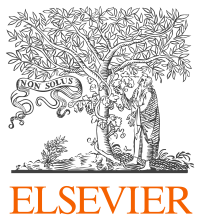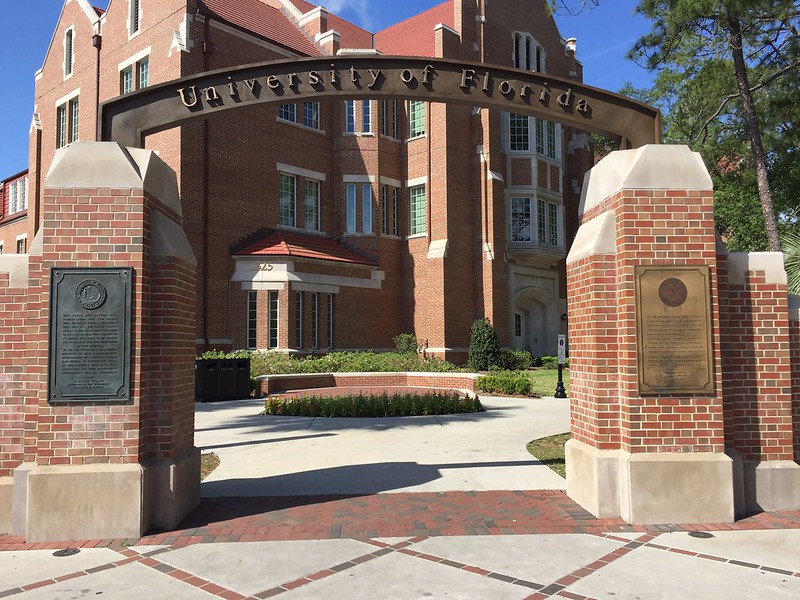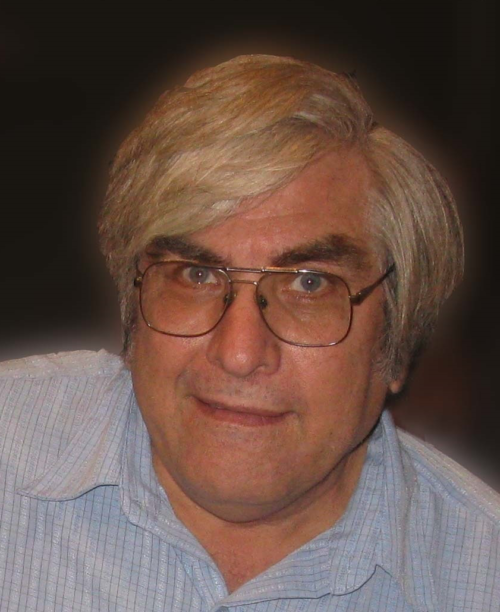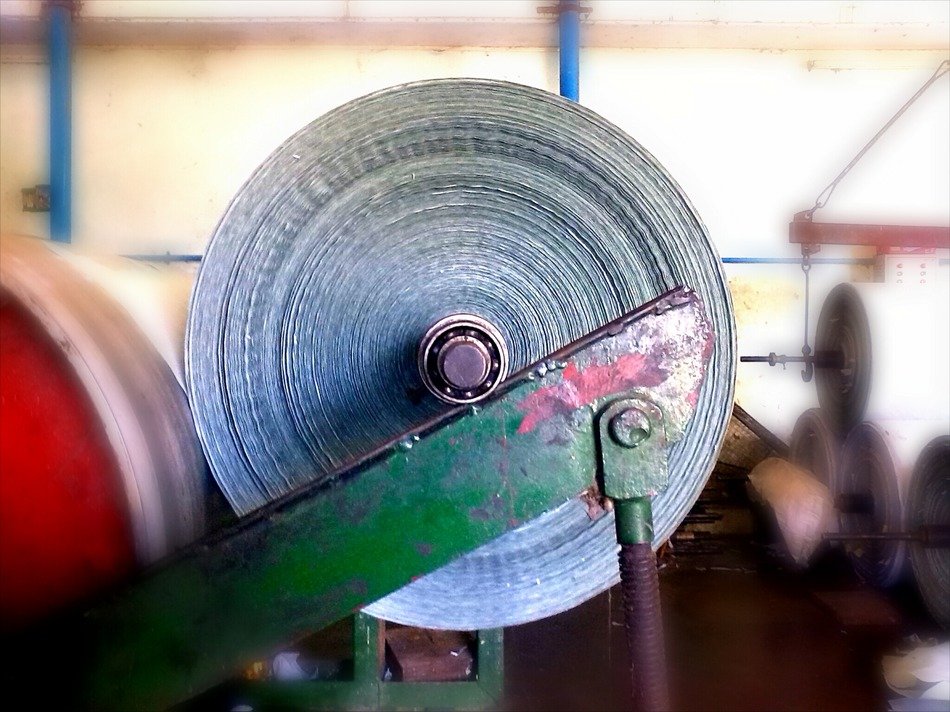An Elsevier journal has retracted a 2020 paper on the heritability of temperament that a prominent critic derided as “transparently ridiculous,” after concluding that the peer review process — which it initially defended — was not up to snuff.
The journal, Meta Gene, says it has changed that way it considers manuscripts to “ensure that this” — read, accept bullshit papers — won’t happen again. And, in a further and rather endearing admission of culpability, it apologized to the authors for accepting their manuscript despite a complete lack of “scientific data.”
Meanwhile, one of the authors of the paper tells Retraction Watch that he “would like to thank you and also Elsevier that all these discussions” have helped popularize the work.
The article, “Temperament gene inheritance,” by the husband-wife team of Azer Israfil, of Mikhwa General Hospital, in Saudi Arabia, and Natiga Israfil, of OsmanGazi University, in Turkey, appeared in September.
As we reported back then, the authors claimed that:
Continue reading A journal retracts a paper called “transparently ridiculous” — and an author says thank you








